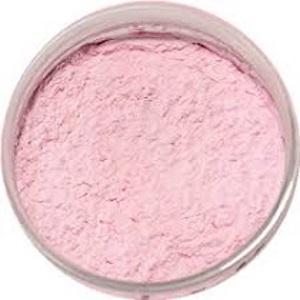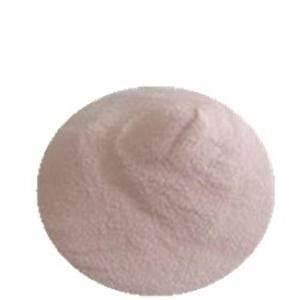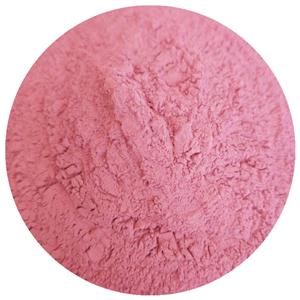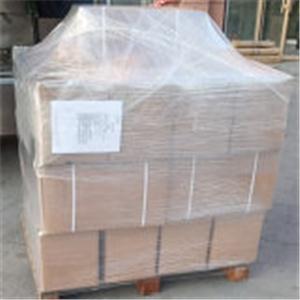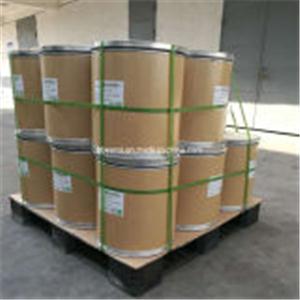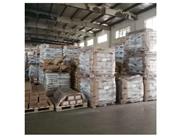| Name | Manganese(II)sulfate hydrate | EINECS | 231-960-0 |
| CAS No. | 10034-96-5 | Density | 2.95 g/cm3 |
| PSA | 97.87000 | LogP | -0.32150 |
| Solubility | 5-10 g/100 mL at 21 °C in water | Melting Point | 700 °C
|
| Formula | H2MnO5S | Boiling Point | 330 °C at 760 mmHg |
| Molecular Weight | 169.02 | Flash Point | N/A |
| Transport Information | UN 3077 9/PG 3 | Appearance | odorless pale red slightly efflorescent crystals or light pink powder |
Appearance and properties: Odorless light red scented crystal or light pink powder
Density: 2.95
Boiling point: 850 °C
Melting point: 700 °C
Water solubility: 5-10 g/100 mL at 21 ºC
Stability: Stable under normal temperatures and pressures.
Storage conditions: warehouse low temperature, ventilation, dry
Vapor pressure: 3.35E-05mmHg at 25°C
Usage
Manganese is found mainly in the blood, liver bone, and high in back hair, mane, and feathers (5-20mg/kg). There is a correlation between dietary manganese content and manganese content, which can be used as a suitable index to evaluate the nutritional status of manganese. Manganese is involved in the formation of chondroitin sulfate mucopolysaccharide in bones, which is an essential component of cartilage in bones. Manganese is a component of some enzymes involved in the metabolism of carbohydrates, lipids and proteins, as well as a non-specific activator of a variety of enzymes, and a specific activator of arginase, which is related to growth and reproduction, can prevent bone brevity, form normal bones, and maintain the optimal quality of eggshell, and participates in the hematopoietic function of zinc. Feed grade manganese sulfate monohydrate is used as a supplement for manganese in feed processing.


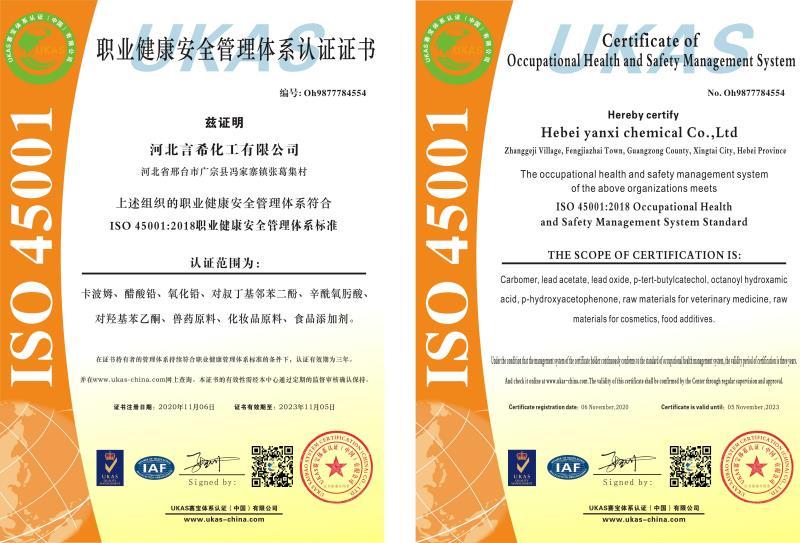


 China
China
